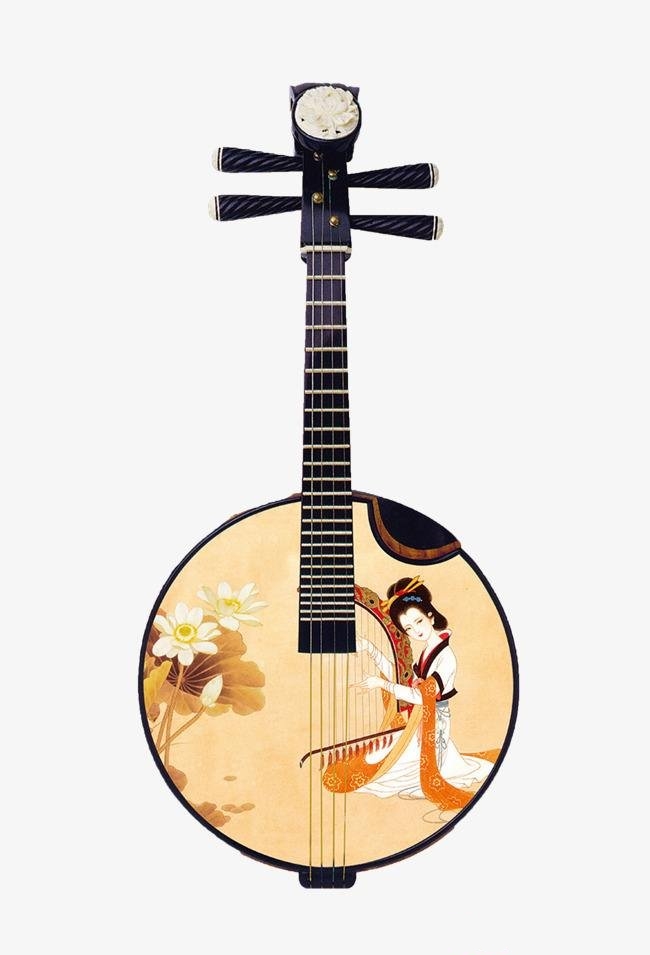Introduction of Taiwan Moon Music
Taiwan Yueqin has a long neck, and the speakers are round wooden, occasionally hexagonal or octagonal. In Taiwan, the panel is often made of Taiwan paulownia (Taiwanese called Wutong, Scrophulariaceae) to play specific tunes (such as Taiwan Hengchun Folk Ballads). The tune "Four Seasons Spring") is tuned with pure 5 degrees.

In the early days of Taiwan Yueqin, silk strings were used, but now nylon strings are commonly used, and fishing lines are quite popular. It is an important characteristic (characteristic) instrument of Taiwanese opera, song rap, and folk rap. Taiwan shell string (shell son string), Taiwan Daguang string, Taiwan Pinzi (Taiwan flute), Taiwan Yueqin collectively called 4 major pieces in Taiwan.
During the Kuomintang-Communist war, the four major ones were banned by the Kuomintang authorities under Chen Yi's administration. Guangxian is replaced by folk music low hu.
Taiwan's famous Yueqin masters include the late Wang Siming, Wen Hongtu, Chen Da (Pingtung Hengchun, known as "Red Eyed Dazai"), Lu Liuxian (Lu Shiliu), Chen Guanhua, Wu Tianluo and the living Yang Xiuqing, Zhu Dingshun (Pingtung Hengchun) Wait.
The musicians who are good at playing the moon piano include the late Hong Yaojin, the living Jian Jinfa (Jian Rengui, Yilan), Xu Zaitian, Cai Chunan, Yang Jinfeng, Liu Wenliang, Ke Mingfeng, etc.
 渝公网安备 50010702504639号
渝公网安备 50010702504639号